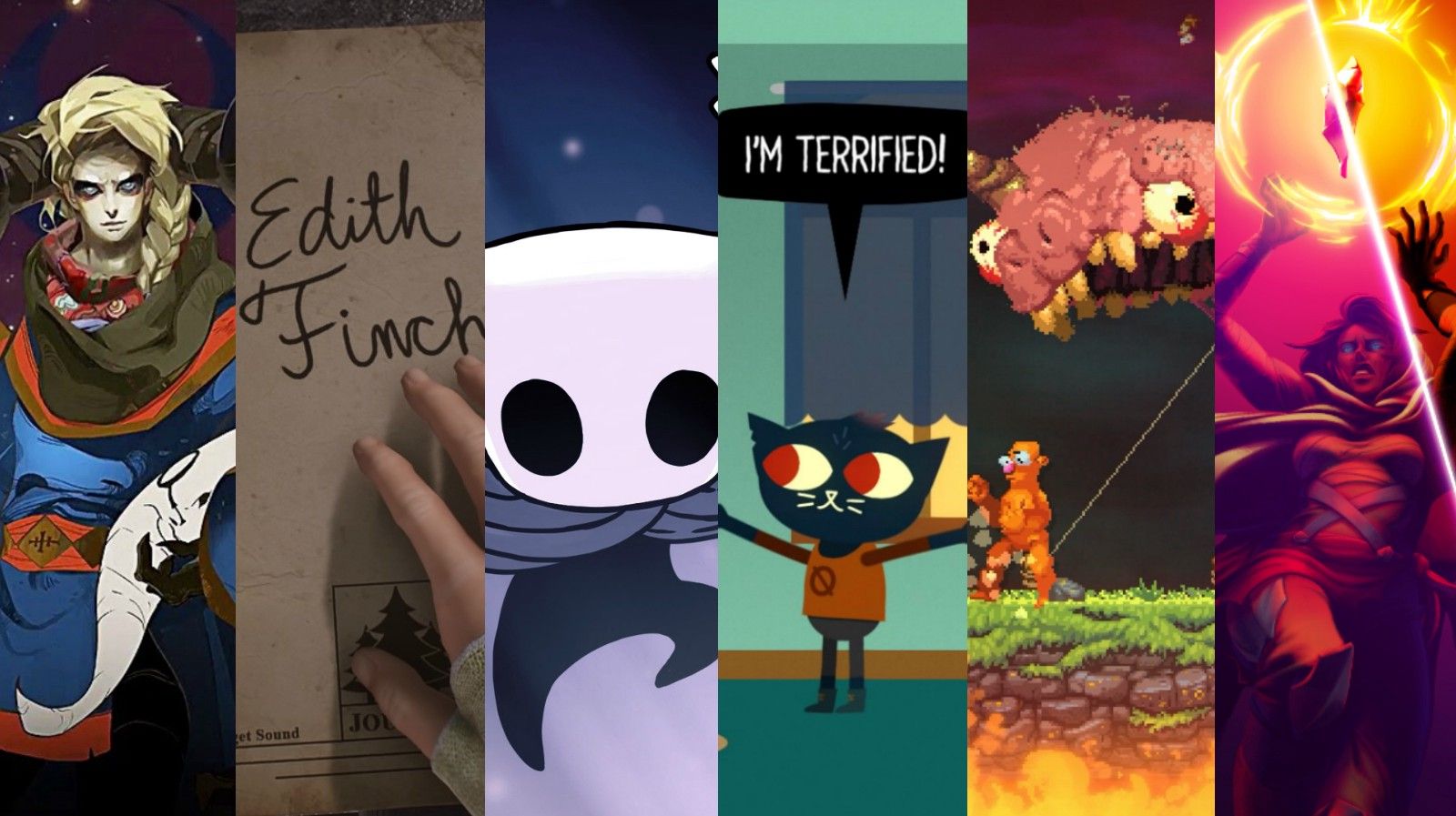309 reads
Indie Games: The Future Of Esports?
by
June 29th, 2020

I use video games to help non-endemic brands better engage with Gen-Z. Connect with me on LinkedIn!
About Author
I use video games to help non-endemic brands better engage with Gen-Z. Connect with me on LinkedIn!
